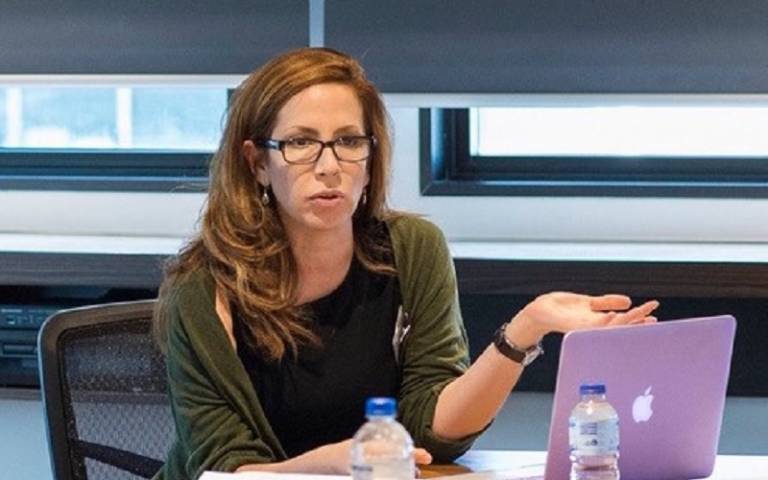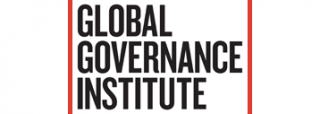Understanding Transitions in Global Politics
22 February 2019
An interview with Dr Ayşe Zarakol, Reader in International Relations at the University of Cambridge.

What does your own research currently focus on?
My research focuses on the evolution of international orders. I have worked on East-West relations and non-Western powers. My most recent project was on the concept of hierarchies in global politics.
What do you think your work can contribute to the discussion of global governance?
I am most interested in where we are headed. Traditionally, research in International Relations was very present oriented and considered 20th century conditions to be permanent. We still do not have a good understanding of how things may change – and when they do, our theories fall short. Right now, we are obviously going through a period of transition but we do not have many theories to help us make sense of what is happening and what might be coming next.
My own work is actually very historical. I look at periods before the 20th century, showing how the system has changed before. Right now, I am writing a book about the decline of international orders using a number of historical examples. I think that this historical perspective is essential if we want to get a better idea of where we are headed next.
Where do you see the most exciting debates happening in the field right now?
I am closely following current debates on power transitions as this relates to my own work. Is the US in decline? If so, who will replace it? Are we moving towards a bipolar or a multipolar system? These are the big issues being discussed at the moment. You could also subsume these questions under a larger debate that asks whether something much more significant is happening: Are we seeing not just a decline of US power but a decline of Western modernity and the capitalist order? All of this points to an even more fundamental debate that tries to establish what the international system is actually made of: is it anarchical, hierarchical or does it follow a more complicated relational logic?
Then there are also important methodological questions. A somewhat perennial debate focuses on how we can best study international relations: Should we put the spotlight on the individual level, using methods such as experiments or ethnographical observations? Or should we rather look at the bigger picture and broader structural trends?
Do you have any advice for current students or young scholars in IR and global governance?
I always tell my students to read articles outside of their own thematic niche. This could include papers that look at other aspects of international relations, but also papers from other disciplines such as sociology or history. That is a great way to gain new perspectives, insights and ideas. I would encourage students to get out of their comfort zone because when you are lost in your own narrow corner you start taking things for granted.
This interview was conducted by Haylie Page, MSc Global Governance and Ethics, at a GGI research workshop on ‘Beyond Multilateralism: The Future of Global Governance’ on 12 February 2019.
Ayşe Zarakol is Reader in International Relations at the University of Cambridge, where she also has an appointment as a Politics Fellow at Emmanuel College. Her research is at the intersection of historical sociology and IR, focusing on the evolution of East-West relations in the international system, conceptualisations of modernity and sovereignty, rising and declining powers, and Turkish politics in a comparative perspective. Her most recent books include Hierarchies in World Politics (CUP 2017) and After Defeat: How the East Learned to Live with the West (CUP 2011). Her articles have appeared in journals such as International Organization, International Theory, International Studies Quarterly, European Journal of International Relations, and Review of International Studies, among many others.
 Close
Close


